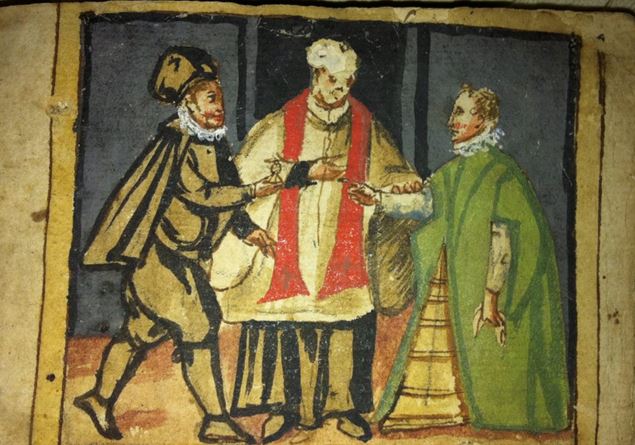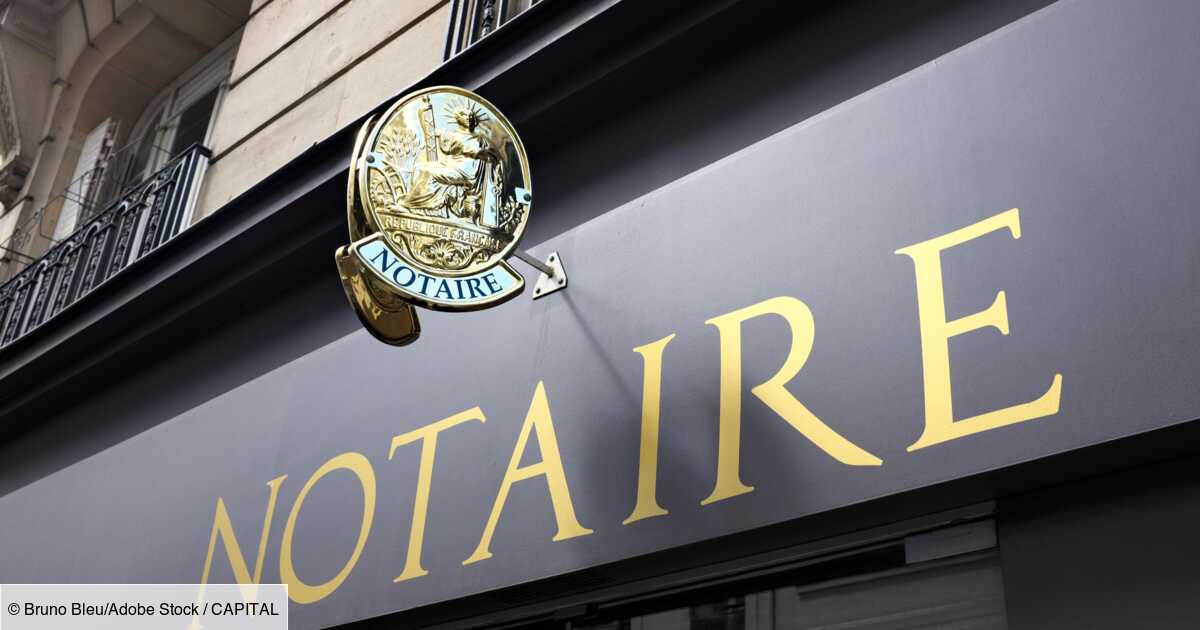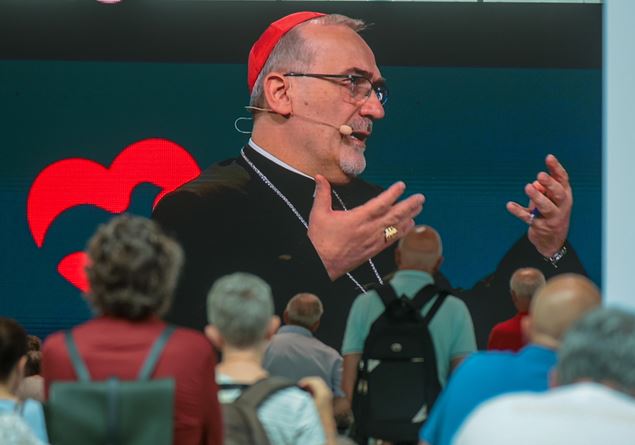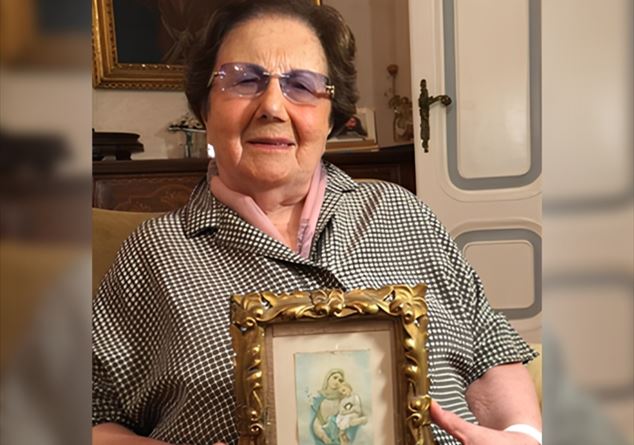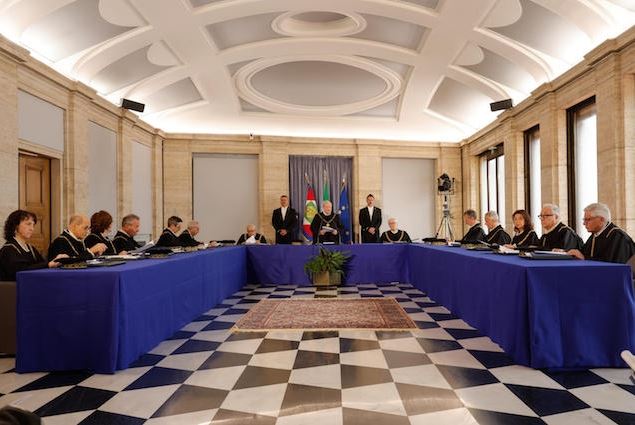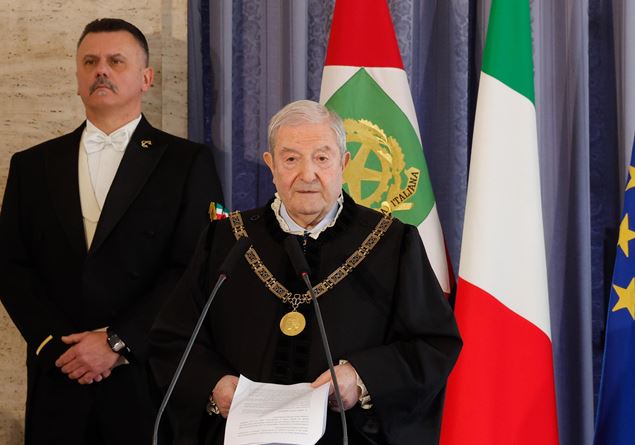
The Meloni government advances in the stormy sea of laws, and its route increasingly runs into the rocks of the judiciary. Institutional frictions, say the jurists, with a euphemism, even if the newspapers speak of a real clash. It is not only the ordinary judiciary that sets the limits, but also the European one. A few days ago the Rome court blocked, based on European regulations, the transfer of immigrants to Albania. But the most recent blow came yesterday from the Consulta. The Constitutional Court, in fact, partially accepted the appeal against the bill on the differentiated autonomy of the regions with ordinary statute, strongly supported by the League (the allies of Fratelli d’Italia and Forza Italia are much more lukewarm, being interested to other reforms), a rule that paves the way for an increasingly disunited Italy, giving rich regions the right to enjoy particular privileges or to keep them without sharing them with the poorer regions, which remain at stake.
The centre-left regions – Puglia, Tuscany, Sardinia and Campania – raised the appeal to the Consulta. On the other hand, the Presidency of the Council, supported by the League and the regional governments of Lombardy, Piedmont and Veneto – the richest and politically in line with the government majority – fought to defend the measure. And the Court? It moved in a Solomonic manner: on the one hand it rejected the idea that the entire system of differentiated autonomy is unconstitutional; on the other hand, it rejected various specific provisions of the text, effectively letting the provision fall like a house of cards, all in the name of that principle of subsidiarity and the common good which is a cornerstone of our Constitution and the form of State.
The point is that differentiated autonomy, as it is, forgets the principle of the unity of the Republic, solidarity between the Regions, equality and the right of citizens to be guaranteed equal rights everywhere. The Church has also expressed itself in this sense: a law that increases territorial fractures goes against the context of solidarity that should support any legislative measure. For the Council, the distribution of powers between the various levels of government must pursue the common good and the protection of the rights enshrined in the Constitution, not favor the richest citizens to the detriment of the poorest, albeit at an administrative level.
But there’s more. The Court calls on Parliament to regain its prerogatives, too often sacrificed in favor of an increasingly pervasive executive. Now Parliament is called to fill the gaps left by the ruling of the Consulta and to put the law back on the tracks of constitutionality, safeguarding respect for the fundamental principles. The “judges of the laws” point the way to the Chambers, and not to Palazzo Chigi.
Once again, therefore, we witness the usual struggle between the government and the judiciary, a tug of war between those who would like to leverage the “people” to legitimize their actions and those, on the other side, who are responsible for enforcing the laws. Forgetting that in a state of law democracy is expressed through various institutional bodies and intermediate bodies that monitor each other in a large system of checks and balances. In a country that is still based on a system of checks and balances, the institutions are called upon to be vigilant. Of course, the populist temptation is never far away: the executive power tries to escape the control of the rules, and the people can become a platform to be incited to silence the judges. A digital square, as the tycoon Elon Musk did recently by attacking the Italian judges. By the way, who knows if even in this case Musk will have his say on this differentiated autonomy, with a tweet from his side, appealing to the people of the Internet. But as long as the rule of law holds, Parliament must do its job. The head of state also remembered this very clearly, indirectly responding to the populist Musk. Italy is a sovereign state, not a digital site or an orbiting space station.
in the photo, the president of the Constitutional Court Augusto Antonio Barbera.



